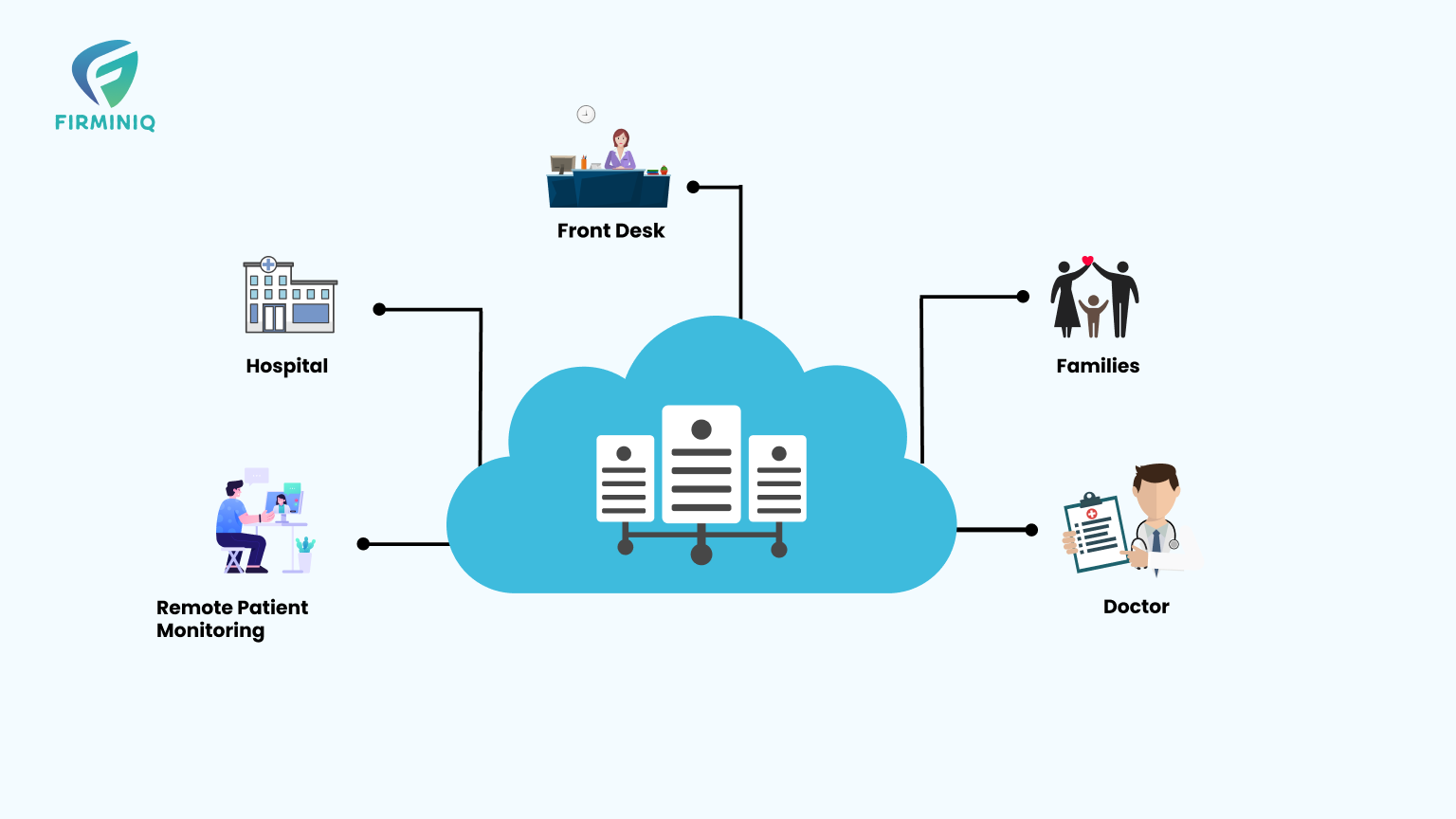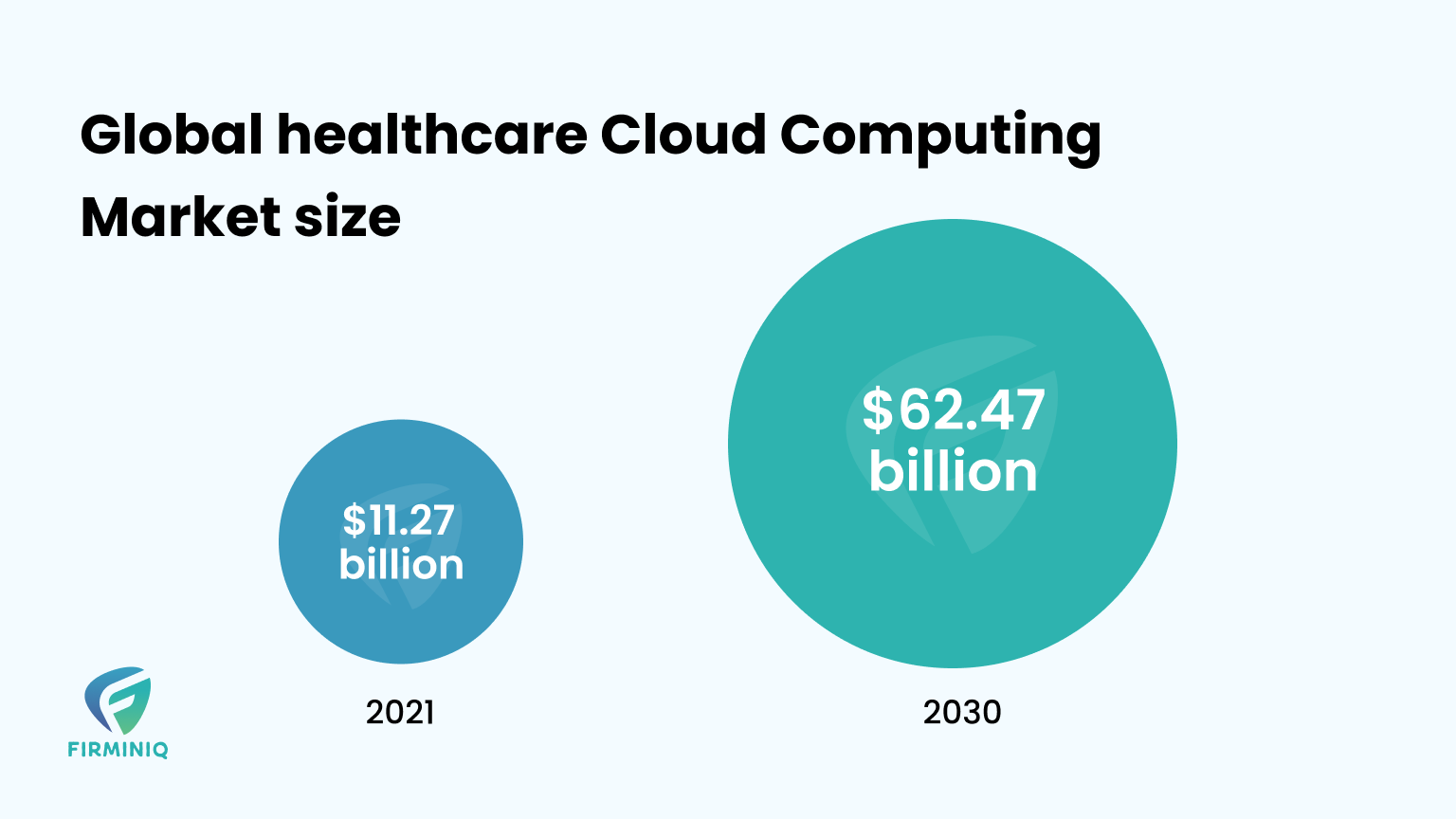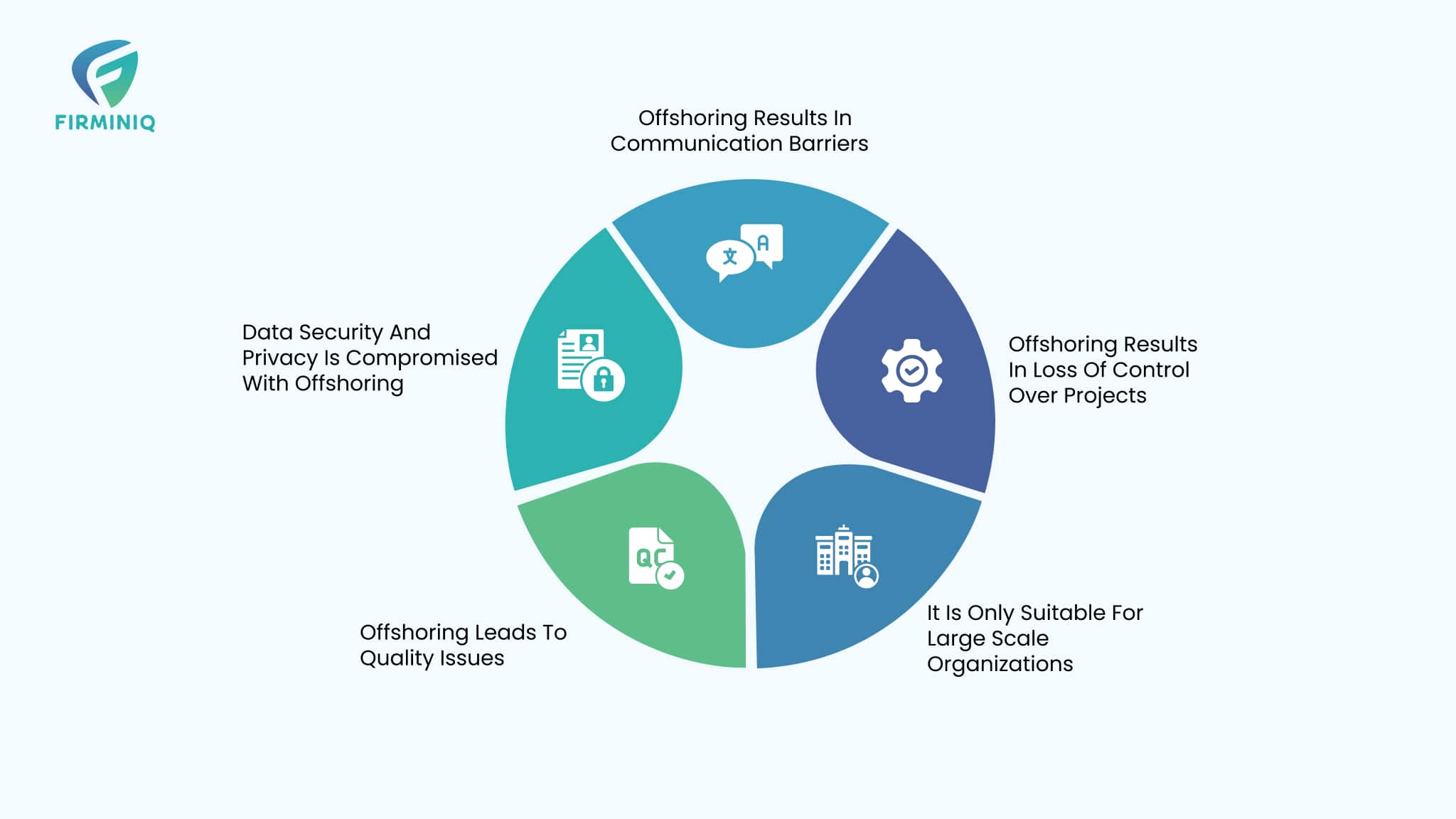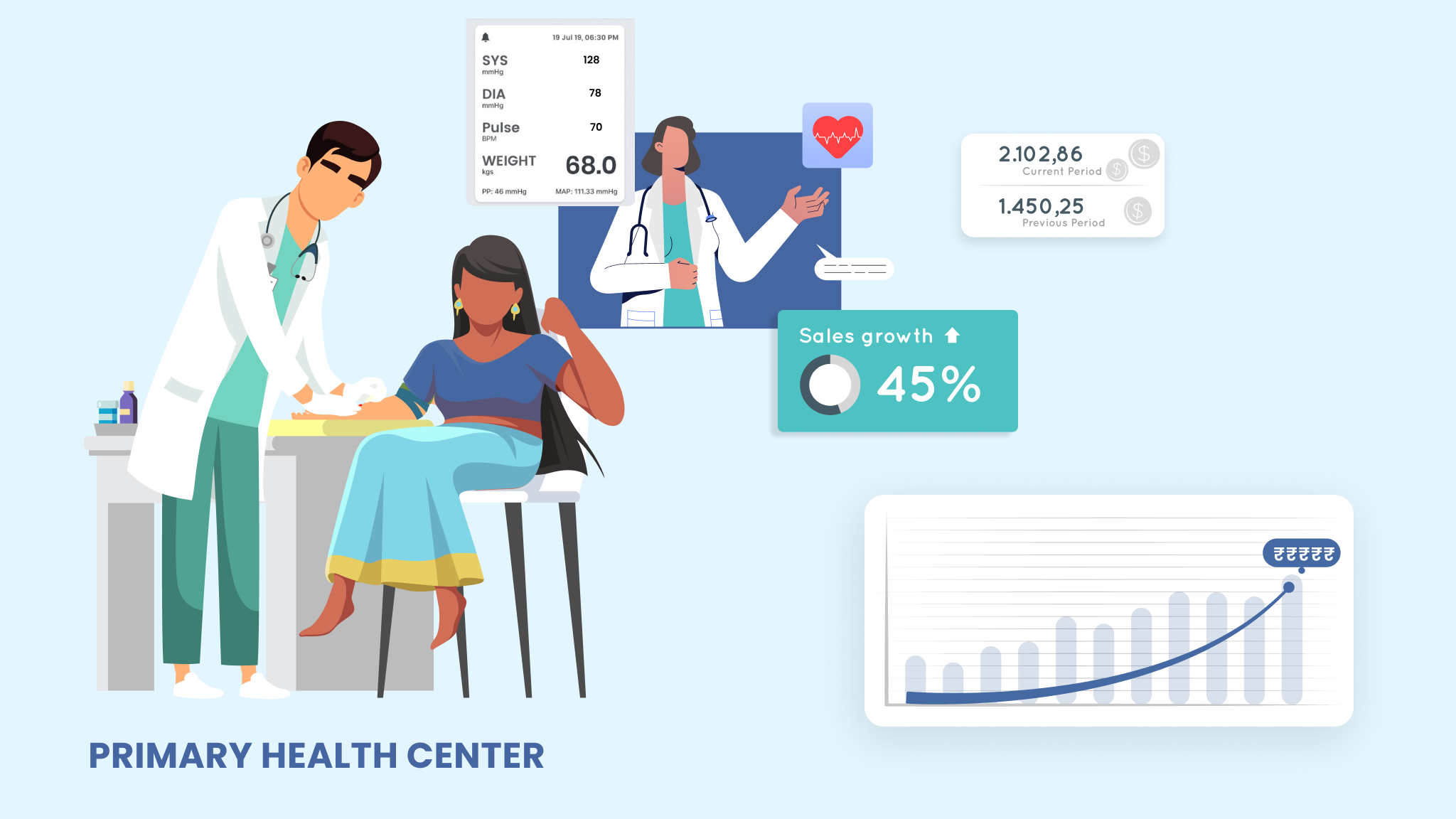The healthcare sector is transforming digitally and has brought unprecedented opportunities and challenges both. As the volume of healthcare data keeps increasing, it becomes vital for organizations to maintain stringent security measures and compliance with regulatory requirements.
Amid the challenges, cloud computing plays a critical role in shaping the future of healthcare. It helps doctors and other stakeholders achieve amazing progress in improving health and unlock new possibilities in healthcare.
“Notably the global healthcare cloud computing market size was valued at USD 11.27 billion in 2021 and is predicted to surpass around USD 62.47 billion by 2030 with a registered CAGR of around 21.4% during the forecast period 2022 to 2030.”- Precedence Research
The growth is indicative of the healthcare industry’s recognition of cloud computing as a competitive advantage for innovation, efficiency, and security in healthcare operations. Let us delve into the multifaceted role of cloud computing in healthcare.
Key Benefits Highlighting the Role of Cloud Computing in Healthcare
Cloud computing offers numerous advantages for healthcare organizations. It aids in cost reduction and efficiency enhancement while also contributing to the improvement of quality care by enabling access to data from a centralized location. Now, let us delve into the details of these benefits.
1. Enhanced Data Security and Compliance
Through stringent control, encryption, and using authentication protocols cloud computing ensures robust data security. Beyond safeguarding sensitive patient information, it plays a pivotal role in ensuring compliance with industry regulations, the stringent standards outlined in HIPAA (Health Insurance Portability and Accountability Act), GDPR (General Data Protection Regulation), and more.
Cloud deploys advanced security measures and allows regular audits to create an environment that aligns with healthcare data protection standards.
2. Resource Utilization and Flexibility
Efficient resource utilization and flexibility are the prominent benefits of cloud computing in healthcare. Cloud allows healthcare providers to utilize the infrastructure, platform, and software. This flexibility helps them scale resources as the demand changes and helps foster operational efficiency too.
While with the traditional on-premises setup, organizations faced challenges in provisioning and maintaining resources as per the demand, leading to lower activity. However, cloud computing offers a pay-as-you-go model that allows healthcare providers to only pay for the resources they utilize. This on-demand scalability ensures that organizations can efficiently manage their resources, aligning them with actual needs and avoiding unnecessary expenses.
3. Centralized Access to Digital Records
Centralized access to all the digital records helps streamline information retrieval and fosters coordinated care. The approach ensures that healthcare professionals have efficient access to comprehensive patient history. It promotes a holistic understanding of medical background. The central repository enhances data security via controlled access and authentication, alleviating the risks linked to unauthorized access.
Accessible through web portals at healthcare facilities, these records can be retrieved as needed. A fortified cloud platform ensures data storage capabilities along with hosting solutions and virtual machines, facilitating prompt access to medical records and expediting patients’ diagnoses.
4. Reduced Costs
Cloud computing emerges as one of the most cost-effective solutions that delivers healthcare services with substantial benefits for the service providers. The solutions entail a lower initial cost and offer flexibility to scale up or down as needed. This is quite beneficial for healthcare providers operating with a limited budget. Also, the cost-effectiveness increases, as the cloud eliminates the need for costly hardware or software needs that are associated with the traditional IT system. As financial efficiency enhances, healthcare providers can allocate resources more strategically, without any budget constraints.
5. Valuable Insights from AI and ML
Cloud computing catalyzes the integration of AI (Artificial Intelligence) and ML (Machine Learning). Leveraging computational power and storage capabilities, healthcare organizations can run AI algorithms and derive valuable insights from datasets. Therefore, cloud with AI/ML help enhance diagnostic accuracy, predict disease trends, and offer personalized treatment plans.
To know more latest trends and use cases in cloud, also read Cloud Computing in Healthcare: Use Cases and Latest Trends.
Irrespective of the organization’s size, cloud’s scalability and accessibility ensure the healthcare organization can harness the potential of AI and ML. Cloud computing with technology like AI contributes to the improvements in patient care, decision outcomes and overall health of the patient.
Cloud offers a flexible platform for the AI/ML healthcare apps. This helps healthcare professionals stay updated with the latest innovations and integrate new insights into their practices.
6. Drives Interoperability
Sharing information smoothly among connected medical devices, technologies, and various systems storing patient data is a worrisome issue.
Cloud acts as an impulsion for achieving seamless data interoperability in healthcare. It offers a centralized platform for storing and accessing healthcare data. With interoperability protocols, healthcare organizations can ensure that information is seamlessly exchanged across different platforms. It also enhances care coordination among the stakeholders, leading to comprehensive care and a timely decision-making process. The collaboration promotes a patient-centric and connected approach to healthcare delivery.
Few Challenges and Considerations
Navigating the realm of cloud computing in healthcare presents notable advantages for data management, yet it is necessary to have a thoughtful approach to address challenges and considerations.
Critical aspects include dealing with data privacy and security concerns, maintaining a fast network connectivity and uninterrupted uptime, making judicious choices among reputable cloud service providers, and formulating a comprehensive migration strategy.
By evaluating these considerations, healthcare organizations can effectively mitigate risks, unlocking the full potential of cloud computing while safeguarding the privacy, security, and accessibility of sensitive patient data.
Epilogue
In summary, cloud computing plays a crucial role in healthcare, going beyond just data security. It includes improving efficiency, cost-effectiveness, and integrating transformative technologies such as AI and ML.
As we embrace app usage, the collaboration between healthcare and cloud computing will continue to shape a future where innovation and patient-centric care thrive. Surely, leveraging the benefits of cloud computing allows healthcare organizations to offer better outcomes to the patients.
In search of secure cloud solutions for healthcare? Join forces with us, and we will assist you in harnessing the complete capabilities of AWS cloud computing with benefits like efficient delivery, top-notch security, optimal performance, scalability, and lowered costs. Reach out to us for more details on our Cloud and DevOps services.







